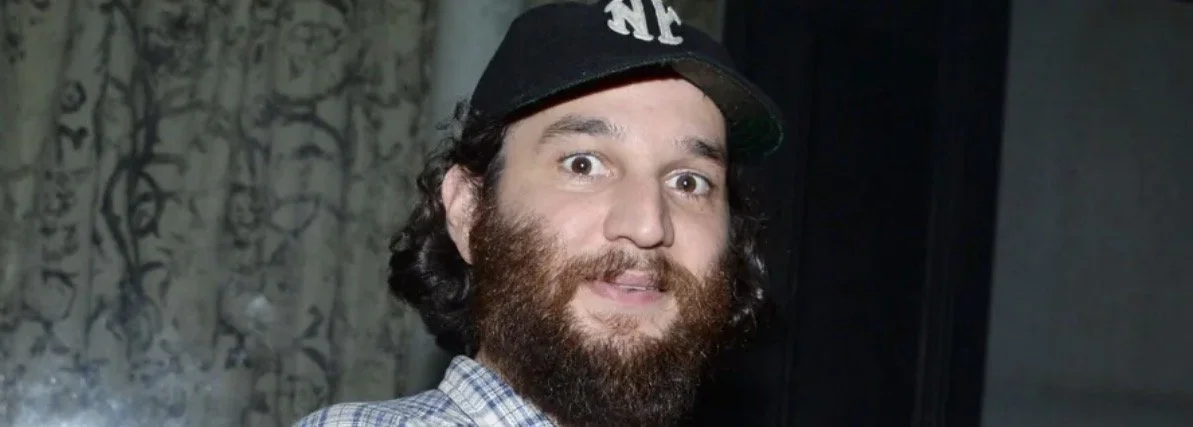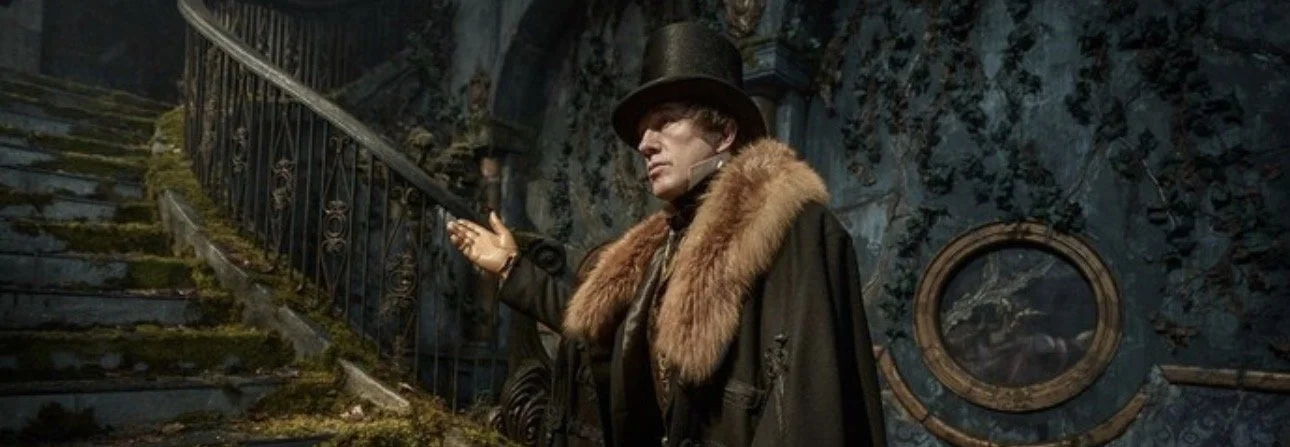You gotta love Jean-Luc Godard. He doesn't make it easy for a viewer to fully feel comfortable while watching any of his movies. He means to bring a sense of uneasiness and -sometimes- pure unadulterated frustration. His film Contempt is no exception. It explores many ideas that have been obsessed by Godard over the course of his illustrious career. In 1963, Godard was permitted a big budget financed by an international production, the use of a CinemaScope camera, Technicolor, a pair of icons (Brigitte Bardot and Fritz Lang as himself) to star in the film, and almost total creative autonomy. It was known as his first -and last- foray into "mainstream" filmmaking, even though I wouldn't qualify it as a full on mainstream picture. However its intentions were unlike any popular movies in that Godard didn't play it safe at all and kept hitting his audience with more questions than answers.
What has fascinated me most over the years is how Contempt -Le Mepris in French- dealt with the end of a relationship. Brigitte Bardot's magnificent performance as Camille Javal -she was so good that her character's name was later believed to be her real name!- wife of the aspiring screenwriter Paul (nicely played by a young Michel Piccoli) merely confirmed the fact that Contempt was a personal film for Godard. The director hadn't had the greatest success with the women in his life and decided to portray the crumbling of a relationship on screen. To great effect might I add. The centerpiece here is the near-infamous twenty-minute long sequence that takes place between the writer and his girlfriend in their vast, open-plan apartment, in which jealousies, bitterness and petty arguments blow up and cool off amidst a series of seemingly mundane, everyday-like activities. There is clearly something wrong with Camille yet whenever Paul tries to ask why she shrugs it off and says "nothing" but we the audience know that Camille's love for him has faded and that she is only clinging at this point. Albeit by the way her answers to Paul are structured or by the way her mood changes - there is something very wrong here.
Not much happens in that scene, yet everything happens. It is then that we realize exactly what Contempt is about. Godard wants us to feel the pain that Camille feels, she is stuck in a relationship she no longer is excited for. Paul isn't into it either, his gestures and sentences show a kind of by the numbers feeling for his partner. Yet you feel for him when Camille finally blurts out that she no longer loves him. The daring ambition Godard gives out is palpable. He disses the film industry as well. Fritz Lang -playing himself of course- directs an adaptation of Homer's Odyssey, staying true to the spirit of the original. Producer Jeremy Prokosch -a hoot and a half- unhappy with the results, hires Javal to rewrite the script. Javal compromises the original's world of ideals with modern-day sensibilities. In essence, he parallels his own life to Ulysses'. Ulysses fights in the Trojan war because he is estranged from his wife Penelope, he delays coming back because of that. Penelope (estranged from him because of his behavior) is being unfaithful.
This is all part of the absurd joke that Godard plays on his audience and Contempt has been known as just that for many years - but I see much more in it than just a one joke pony. I see a Godard that was pained by unsatisfying relationships in his life and delved into their significances through his own art. His film captivates the viewer at unexpected times. It seems -from the outside- like a pompous piece of work with a thinly layered plot but it is much more than that. Contempt is fresh air. Contempt is about characters -whether it's the film director, the pompous American producer or the shot down couple- stuck in a world where there is communication breakdown. And there's no easy way out of it.







